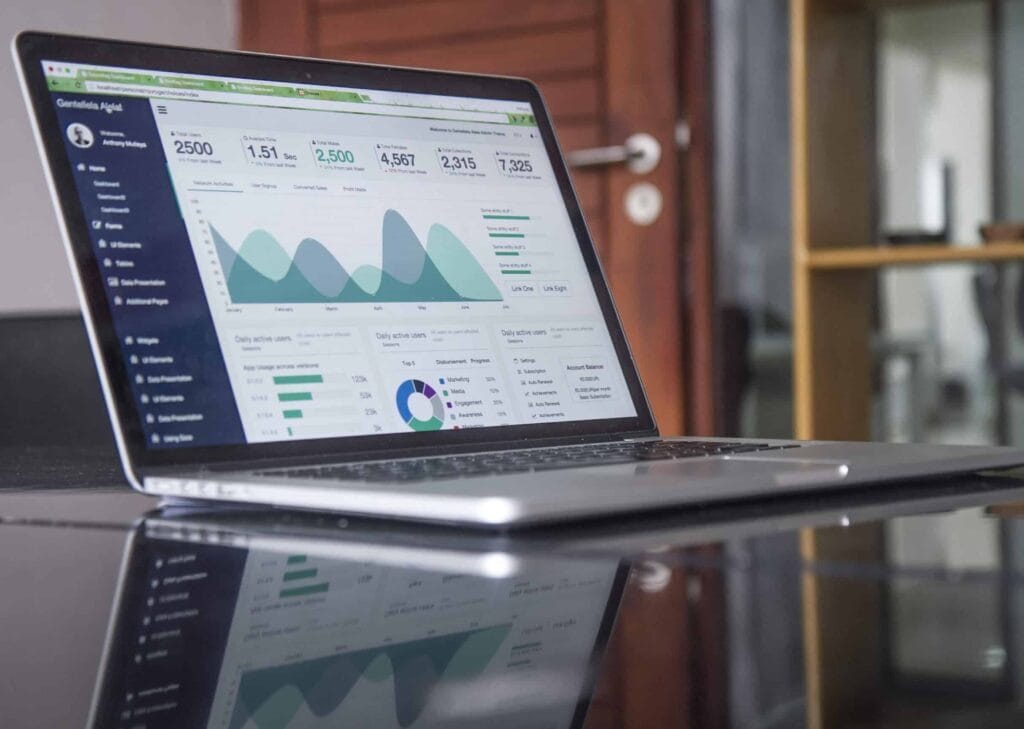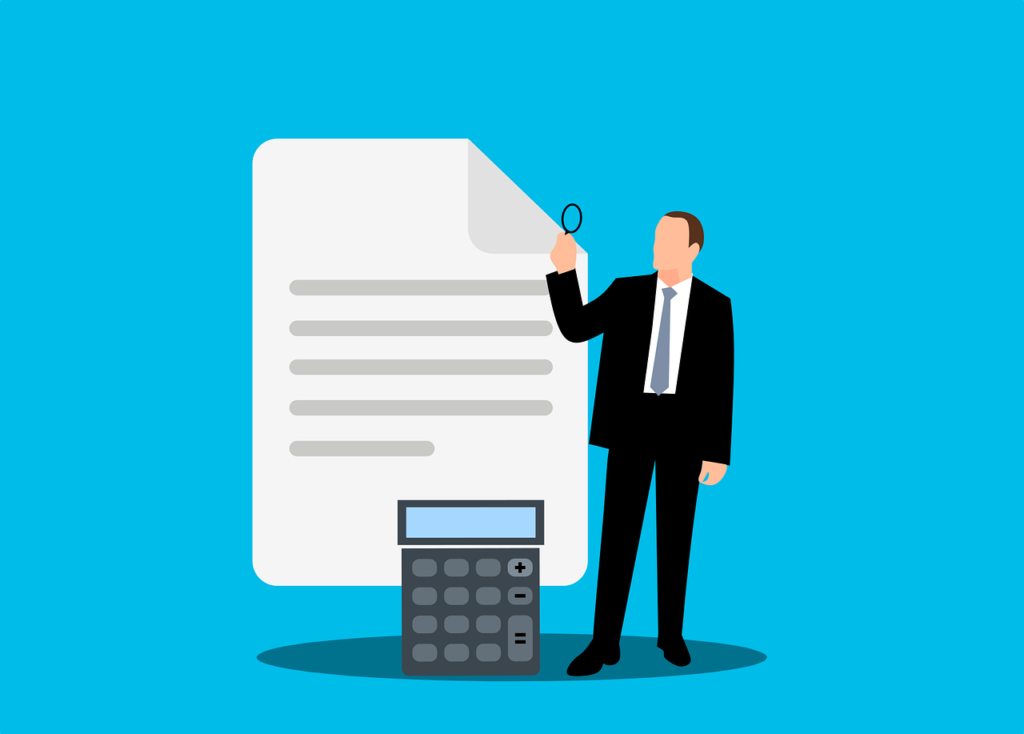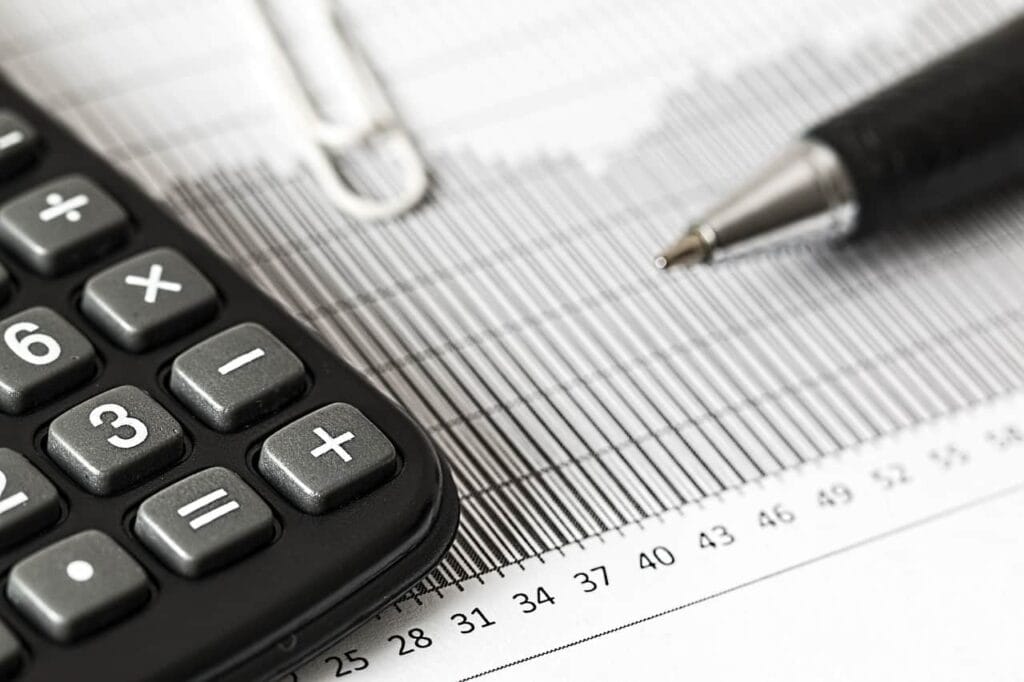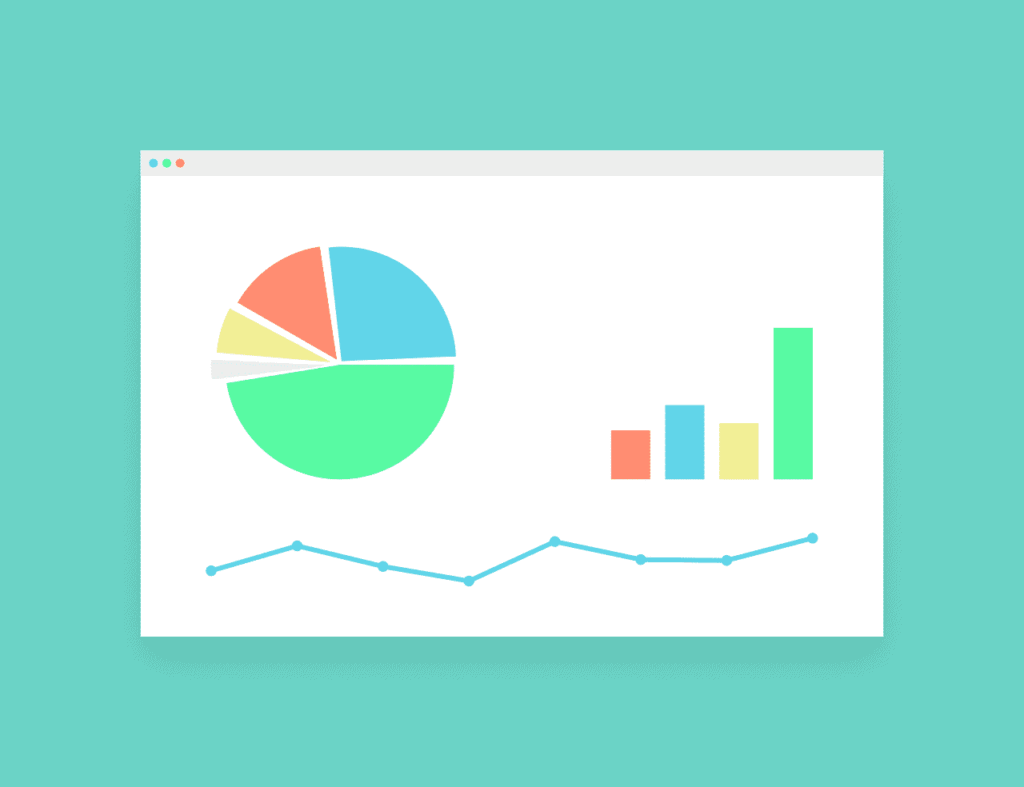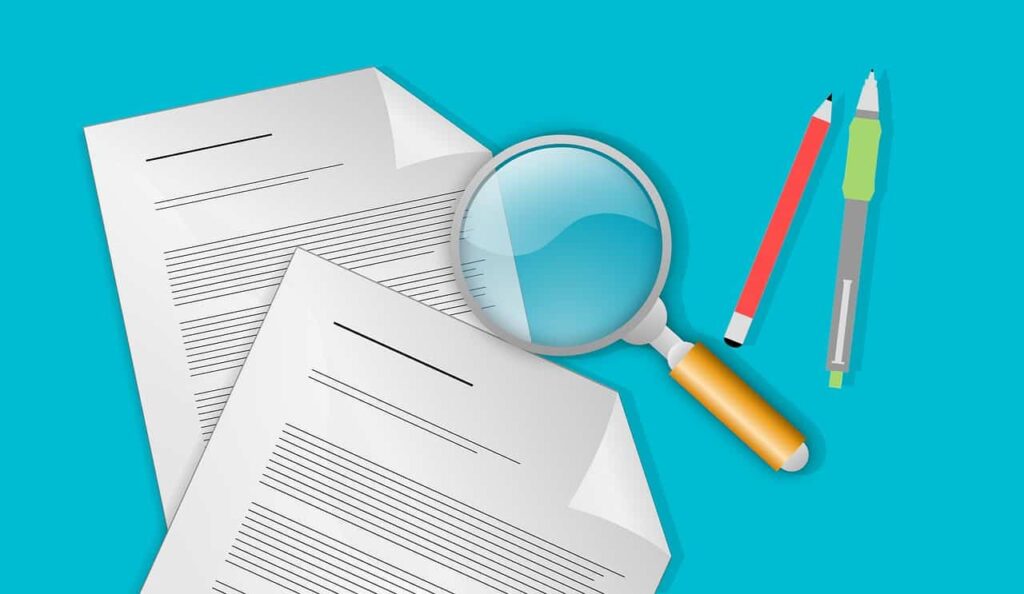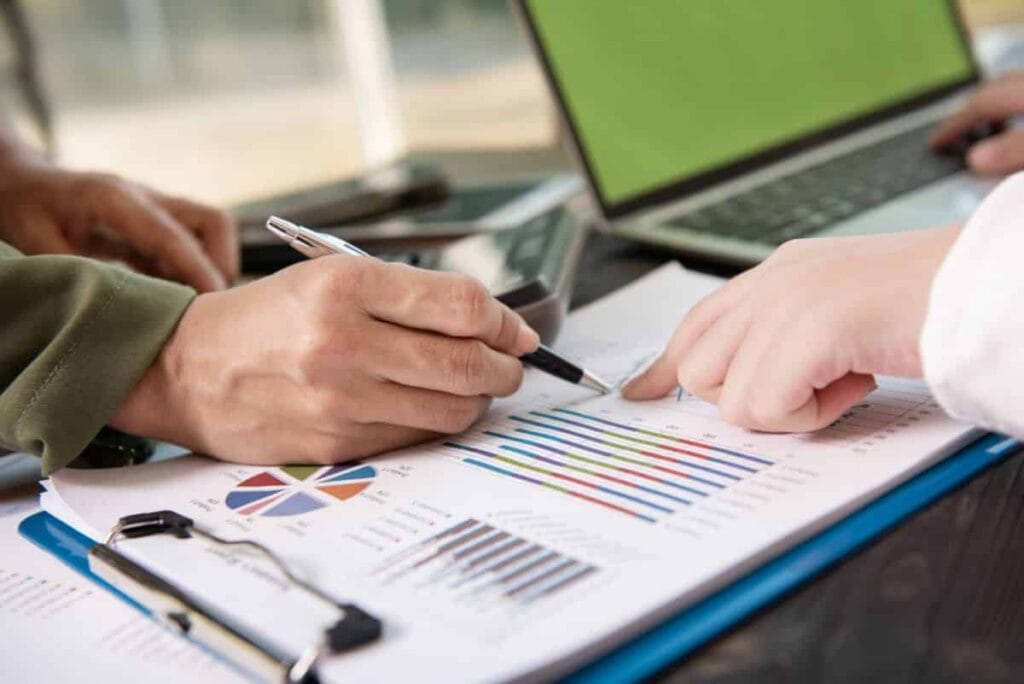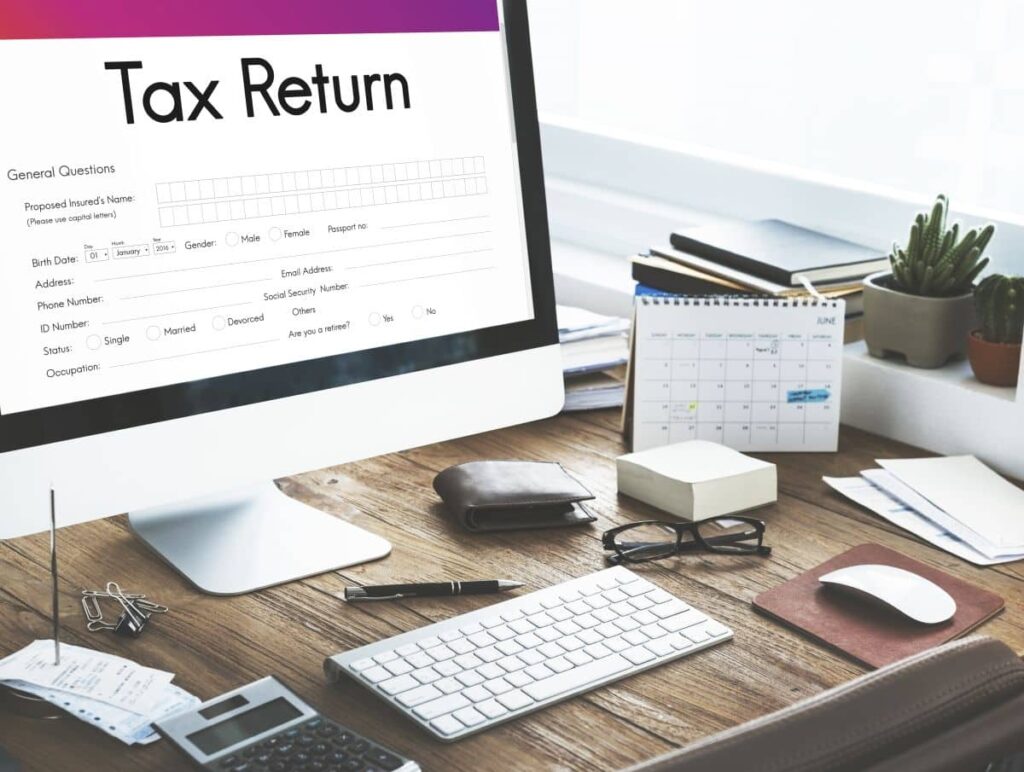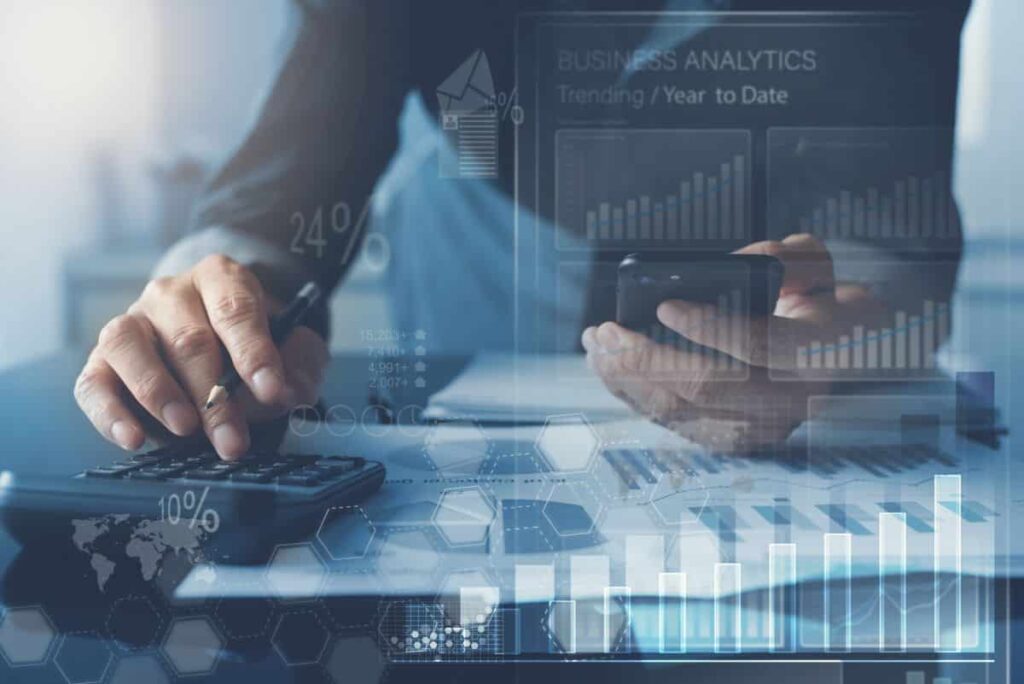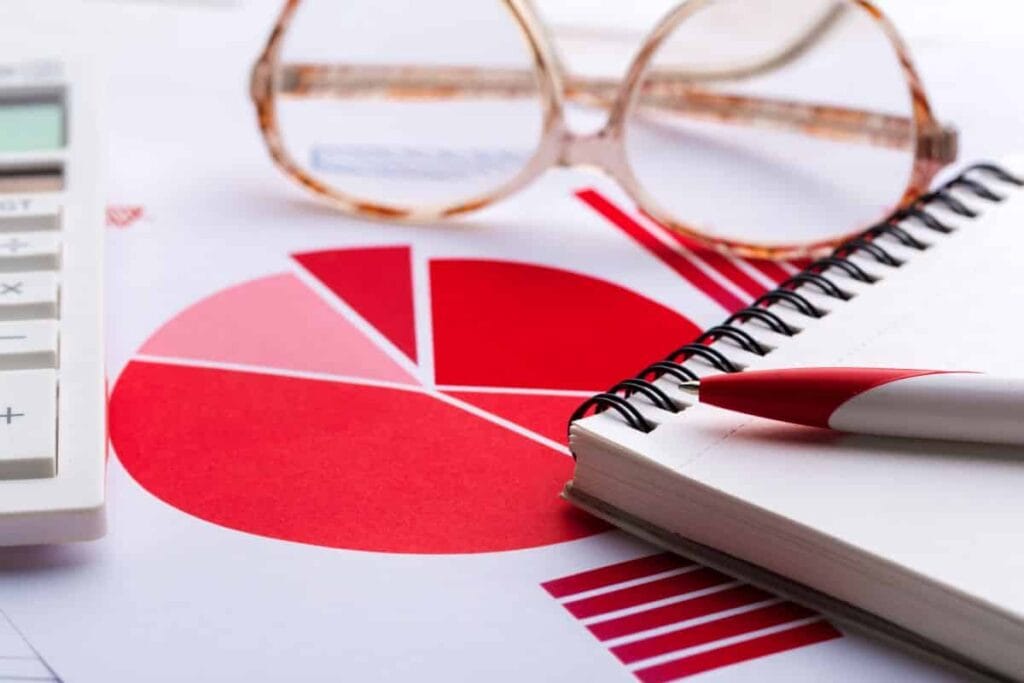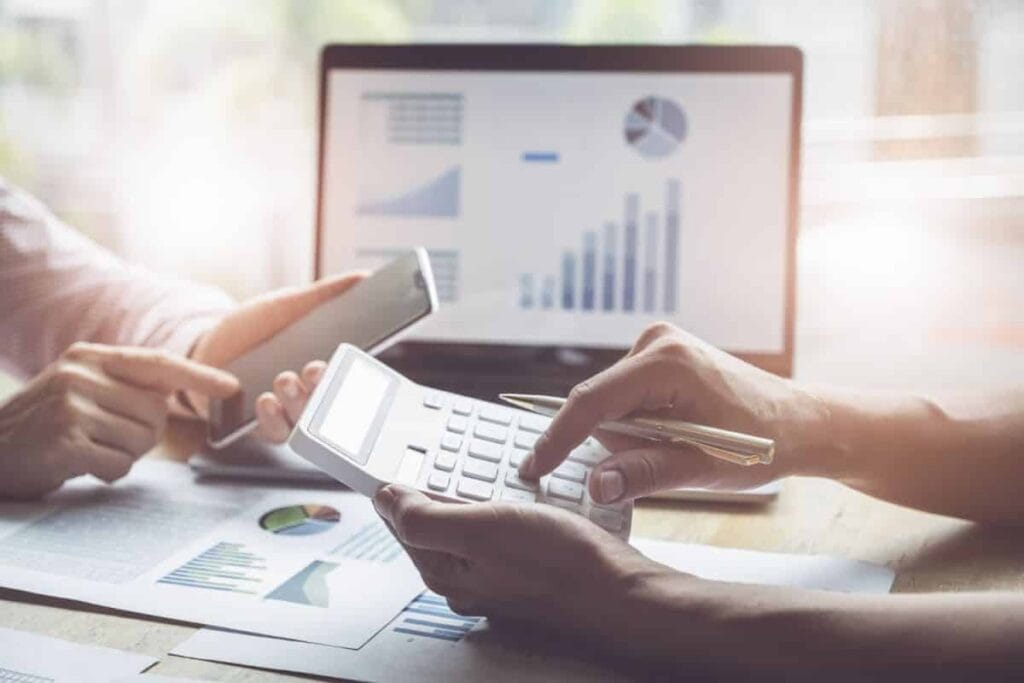Tips for SMEs for the End of the Financial Year
Everyone is looking forward to the end of the financial year.
Whether you're a small business owner or an employed worker, it's important to understand what benefits and deductions can help you save money on your taxes.
Here are some tips for SMEs (small-to-medium enterprises) that will help you get through tax season without too much stress!
Keep Your Financial Data Organised
Check that you have all relevant records, including a summary of recent expenditures (it's easy to forget!).
Give your accountant your manual records at the end of the year if your small and medium-sized businesses keep them that way. To make your accountant's job easier, make sure specific documents are filed with your regular ATO files. This can help you save money.
Many small businesses use a cloud-based (online) accounting system and file digital records online. If your company does this, make sure all records are updated.
- Ascertain that all transactions have been accurately assigned to the appropriate tax period.
- Please provide a list of all the company's assets, as well as their original and current values. (Knowing where your money is going is usually beneficial.)
- Make sure you include any outstanding debts for commodities or services.
- Include an asset schedule that breaks down each debt and how much it costs.
Write-offs of Immediate Assets
In the June 2021 tax year, the immediate asset write-off level has been raised to $150,000. This asset write-off is available to eligible businesses for both new and used assets.
From the tax year 2021, eligible enterprises have an overall turnover of less than $500 million.
If your small business qualifies, you can deduct the cost of assets up to the threshold amount right away.
Capital Gains Tax (CGT) Changes
You are regarded to have made a profit on a transaction if you sell an asset for more than book value, which is liable to capital gains tax.
You can subtract any losses incurred on the sale of business assets from any capital gains before computing your capital gains tax.
Other benefits for small firms include lower tax rates and a higher capital gains tax exemption threshold.
Your Tax Deductions
Small businesses that engage in a small business activity can deduct the costs of doing so from their taxable income.
These include both monetary and non-monetary expenses, such as depreciation on your company's assets. This is an area to watch as the value of immediate asset write-offs changes.
Ensure that personal and company spending is kept separate. Some personal expenses can be deducted from your business. To get further information, talk to your tax advisor or the ATO.
Income Tax Offset
You are eligible for a 13 percent income tax credit if your business turnover is less than $5 million in the tax year ending June 2021. The maximum offset that can be used is $1,000.
This offset increases to 16 percent of firm income for the fiscal year ending June 2022. The maximum offset and turnover remain at $5 million and $1,000, respectively.
You must be a lone trader, a partner in a partnership, or receive business income through a trust to be eligible for the income tax offset.
Using Company Funds for Personal Purposes
You should never use company funds for personal reasons. This makes the business's record-keeping and bookkeeping more difficult. What can happen is that these personal use things end up being assigned as shareholder loans or shareholder dividends, resulting in you needing to pay more personal tax but not having the personal finances to pay it.
It is problematic. It's best to cease using business funds for personal expenses and see whether the firm can help you earn more money.
Separation of your business and personal finances is the golden rule.
Cloud-Based ERP Software for Small and Medium Enterprise
Accounting, stock control, accounts payable and receivable, and payroll is all integrated into Enterprise Resource Planning software, making it a safe and secure tool for most small and medium businesses.
In recent years, cloud-based ERP software for small and medium businesses has become increasingly popular. It allows you to view your accounting and business information from any location, and it allows your employees to maintain everything up to date. When working from home or in a remote place, this is especially useful.
The best ERP software for small and medium businesses may be set up to backup financial data on a regular basis, keeping it safe and secure. You won't outgrow it as your company expands.
Make accounting easier using online tools.
Separating your personal and company banking will make EOFY and BAS (business activity statement) time easier. This allows you to keep track of all your business expenses in one location while minimizing the possibility of claiming for something that isn't related to your firm. Having a separate company bank account also aids in cash flow management.
If you have an online banking account, you may have access to tools that may help you with day-to-day bookkeeping and data collection for your tax return.
Meet your superannuation requirements
Employee payments of 9.5 percent are necessary for businesses having superannuation guarantee (SG) requirements. You can claim a tax reduction in your 2022 income tax return if you meet your commitments by June 30, 2020, rather than waiting until the following year.
Employee contributions to superannuation aren't tax-deductible until they're paid, so make sure they're all in by the end of the fiscal year.
Moving forward, be prepared – failure to prepare is being prepared to fail

Most small business owners make the mistake of utilizing GST collected to manage cash flow, only to run into trouble when the ATO demands payment.
Setting away tax payments when you get them is the greatest method to prepare for them. Your taxes are then gathered and ready to pay, which is a discipline that helps with budgeting.
This was one of the best suggestions I received from my first advisor. Consider this money to be untouchable once it has been deposited into the account. You'll be relieved to have your taxes saved before the conclusion of the fiscal year.
Know how much your depreciating assets are worth.
Another tax benefit for SMEs with revenues under $2 million is the ability to deduct up to $6,500 in depreciating assets purchased before December 31, 2013.
Office equipment, computers, printers, work tools, and other business assets may fall into this value group. Keep note of assets that fall into this valuation group for possible tax deductions. The instant asset write-off is a one-time tax benefit available to any firm with less than $5 billion in yearly revenue.
Maintain your income-generating assets up-to-date
By structuring your financing and repayments to meet your tax and cash flow demands, you can lower operational expenses, boost productivity, and free up cash. Make an effort to keep your income-producing assets up to date, since this will help your firm run more smoothly and provide more cash flow.
Write off bad debt
According to the current Dun & Bradstreet Trade Payments Report, the average number of days it takes to make a business-to-business payment has climbed to 56 days. So, if you have any outstanding invoices from the previous fiscal year, now is the time to write them off.
Bad debts are tax-deductible and can be used to offset your taxable income.
Reevaluate your financial situation.
It's critical to begin the year with a strong cash position. Make sure you check your financial management procedures and think about the best funding options. There are a number of cash flow financing instruments available to assist you in better managing your cash flow and funding.
Invoice finance is gaining popularity since it offers advances of up to 95% against receivables without requiring real estate collateral and may be scaled to match the company's sales growth.
Clean up your accounting system
Because several tax and superannuation changes will take effect on July 1, make sure you review and update your accounting systems to reflect these changes. You don't want to have to pay back items like missed super contributions or miss out on other potential tax-saving opportunities next financial year's end.
Stricter rules for capital gains tax concessions
Small firms should be aware that, as announced by the federal government in its May budget, they will be subject to tighter capital gains tax (CGT) laws beginning next year.
The government plans to change the CGT concessions criteria for small businesses on July 1st, so that business owners can only use the concessions for assets used in a small business or in relation to ownership interests in a small firm.
Small enterprises having an annual turnover of up to $2 million and assets under $6 million are eligible for CGT discounts.
"The concessions support small business owners by offering CGT relief on assets related to their business, allowing them to reinvest and grow, as well as contribute to their retirement savings through the sale of the business," the government stated in the budget.
"However, some taxpayers can take advantage of these concessions for assets unrelated to their small firm, such as by structuring their affairs such that their ownership interests in larger businesses are not included against the concessions eligibility standards."
Consider how much your trading stock is worth.
Small firms should also think about how much their trading stock is worth. This decision can help a company reduce its tax cost.
Depending on where you hold trading stock, you can value it at year-end cost, market selling price, replacement price, or obsolete stock price.
This can result in either bringing deductions forward or moving sums to the following year.
Businesses might use multiple procedures for different things and switch between them every year. Businesses should also write off all stock that is old or obsolete.
Bad debts
Small firms might also consider writing off any bad debts that have not been repaid in the current fiscal year. This entails keeping track of your debts and the efforts you've made to repay them.
Bad debts must be physically written off by the end of June, not when you get around to filing your tax return a few months later.
Additionally, business owners should ensure that the debt in question was previously included in the company's assessable income.
For cash-based enterprises that only recognize income when they are paid, this could be a problem. Because the debt had not previously been included in assessable income, the business would not be allowed to write it off in this situation.
Spending for the sake of spending is a bad idea
Before the 30 June deadline, some business owners may be tempted to spend some more cash but they should think carefully before doing so.
Businesses believe they should spend money before tax season because they have money in the bank.
Don't spend it unless you know your numbers; otherwise, you'll wind up with a cash flow problem.
Pre-EOFY spending of extra funds, according to Price, should be confined to "essential equipment" that can directly boost a company's revenue, such as a photographer purchasing a new camera.
A salary increase should be considered by employers looking to spend any extra revenue, according to Price.
Sort out your trust distributions
People who run their businesses through trusts should make sure payouts are decided and documented before the end of the fiscal year.
It was not uncommon many moons ago for distributions to be made with an accountant when filing tax returns, but over the last four to five years, the ATO has started scrutinising decisions concerning trust distributions made before EOFY.
Similarly, if you are a trust beneficiary, make sure you take into consideration the projected tax distribution rather than the planned accounting or cash distribution.
Pay staff super on time
Businesses are reminded that superannuation payments for employees are only tax-deductible if made during the current financial year, according to Howlett.
You must pay super, and if it is not paid by June 30, there will be no deduction.
Get your story straight

When it comes to tax season, businesses should be aware of what paperwork they have submitted to authorities such as the State Revenue Office, as "you can't tell one authority one thing and another."
Remember everything you submit on your BAS [Business Activity Statement], FBT [Fringe Benefit Tax] return, and income tax return, because the ATO will scrutinize them all, and a lot of disclosures will be matched.
There is a lot of data matching going on between SROs and the ATO, especially when it comes to GST on properties.
Businesses are seeing the IRS continue to improve its use of technology to uncover disparities between tax filings and other relevant data.
In 2014, SMEs were informed that the ATO would employ data-matching technologies to investigate residential and commercial property sales.
No one should underestimate the amount of data the ATO now collects and with the increased sophistication of ways to analyze and "slice-and-dice" that data, Australians' tax affairs will be scrutinized more closely.
Motor vehicle travel deductions
Motor vehicle expenditure deductions are another "huge deal" that is frequently misinterpreted. Even if an automobile is purchased for commercial purposes, it will be used for personal purposes.
Make sure you have a substantiated and documented recording system that accurately discloses the car's private use component before claiming GST.
Maintain current documentation. Save a logbook notebook that proves you attended this meeting at this time, including parking data, if you don't keep receipts. People frequently blur the lines between personal and professional use.
Businesses can "usually claim expenditures for a motor vehicle owned or leased by your company or trust as long as the expenses are incurred in the ordinary course of business," according to the ATO.
According to the ATO, "these expenses can include the costs of delivering a motor vehicle to an employee (or their associate) as part of their job."
Know what the ATO is looking for
Businesses were warned in early March that the ATO was monitoring people's social media accounts, with Howlett telling SmartCompany at the time that the ATO was "very concerned about tax avoidance and making sure people are doing the right thing," and that the ATO was "trying to get better at looking at what's publicly available."
"They're searching for contradictions in what people describe and what their social media accounts disclose about their lifestyle."
The ATO acknowledged at the time that it had been "investing in data collecting analysis to find examples where people's declared income did not reflect their lifestyles."
Travel substantiation and work-related expenses, according to Grieg, "always receive a guernsey." The ATO recently issued a warning to SMEs over work-related expenses, indicating that areas such as meals, phone use, and self-education fees would be scrutinized.
Keep the HECS threshold in mind
The HECS repayment threshold is an often-overlooked aspect that could mean less money in the palms of people with outstanding student debts. For business owners with student loans hoping to enhance their earnings come tax time, it is recommended that they pay attention to it.
For repayment of the HECS-HELP scheme, the current taxable income level is $55,000. In 2018, the government intends to reduce this barrier to $42,000.
If you want to change your wage and have a HECS debt, be aware that you may be putting yourself in a position where you have to start paying it back.
Because of HECS, increasing your wage may result in less money in your pocket.
Talk to your financial adviser or accountant
Many firms only meet with their accountant once a year, in May or June, but the relationship must be maintained.
One of my primary themes is that you should meet your accountant on a regular basis, not just once a year.
If your small business has an accountant, and you haven't talked to them at least a few times in the last few months, you aren't doing enough to ensure you'll be in good shape come tax time.




